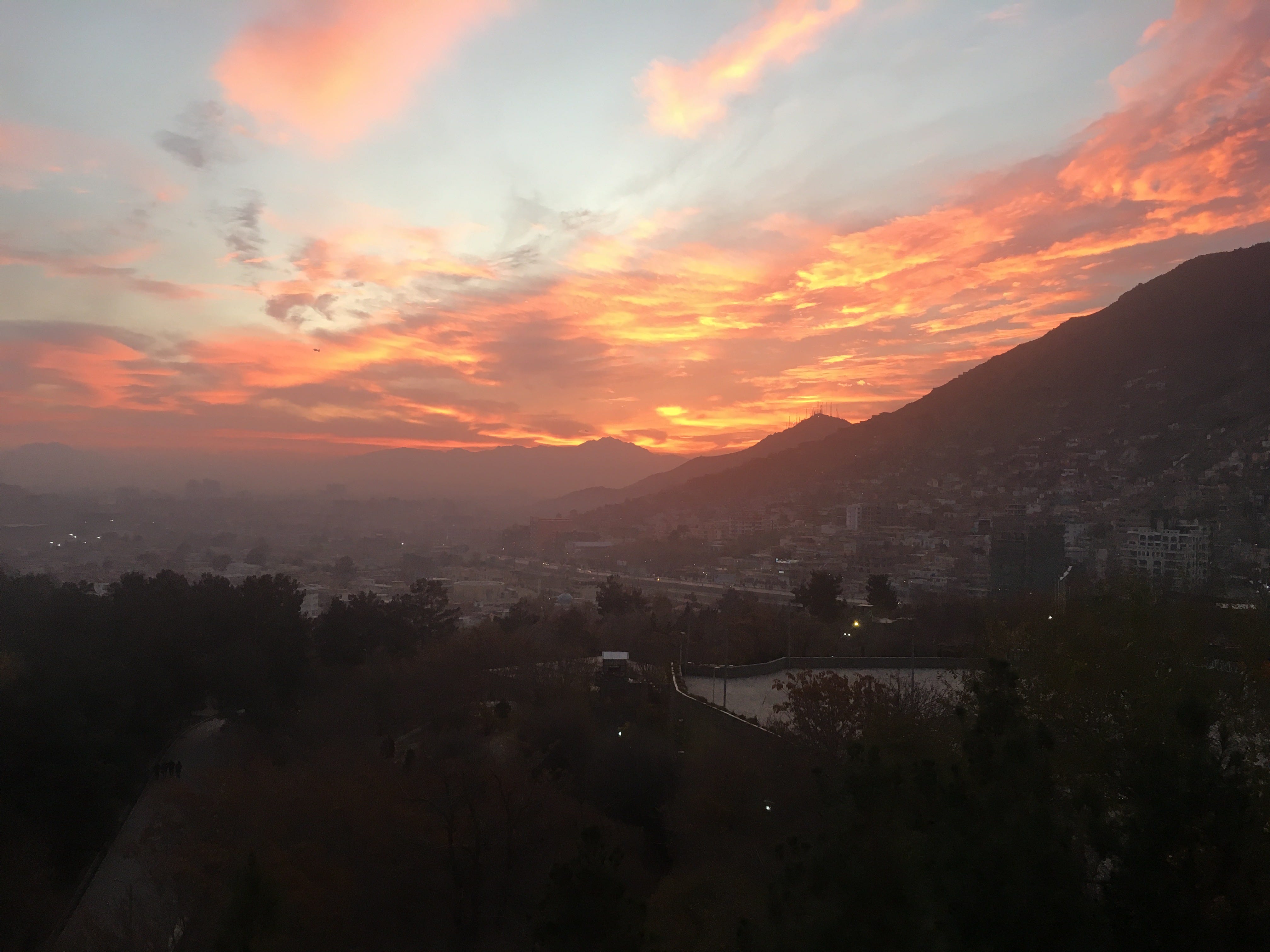After the signing of the US-Taliban peace deal in February 2020, the fall of Kabul became inevitable, NDS chief Ahmed Zia Seraj said. “You knew the flood was coming, but you didn’t have the tools to fight it". It was the first time the softly spoken man in his forties offered his perspective on the collapse with such candor.
I met Seraj in a London hotel in December 2023. He had arrived early for our meeting and waited in the hotel lobby patiently. You would never have thought that this polite man who did the school run every day had once been the Afghan equivalent of MI6 chief Richard Moore. Now he was a refugee waiting for his residency papers and supporting his family. He had been a mere teenager the first time the Taliban took control of Afghanistan, fleeing to Peshawar with his family and eking out a living as a weaver. After the 2001 overthrow of the Taliban he returned to his homeland.
When the Northern Alliance entered Kabul triumphant that year, he joined the NDS and rose to the position of acting director of the intelligence agency in 2019. It was the president who had promoted him. Ghani told him he wanted “to build institutions and create generational change”. He had removed his own friend Mohammed Stanekzai to make room for new blood. Admittedly, Ghani had initially been suspicious of Seraj’s background; he came from a pedigreed family of Mujahideen who had fought the USSR. In fact, Seraj’s uncle had been none other than Habibur Rahman, one of the founders of Afghanistan’s Muslim Youth movement, an Islamist organization active on university campuses in the 1970s that gave birth to most of the Mujahideen factions that fought the Soviet Union. But Ghani’s National Security Advisor, Hamdullah Mohib, convinced him.
Once the Doha accords were signed, Seraj prepared for the flood. He was a realist and fully expected the Taliban to go for an all out military victory once the Americans and their international partners left them to their fate. The signs were already there, the Taliban had increased their attacks and were taking aim at soft targets like journalists and politicians, to apply psychological pressure and demoralize Afghans as well as public figures who propped up the state. In fact, Seraj himself had been targeted. After his promotion, authorities arrested two men who confessed to planning to kill his family. He had to move his family to a safer compound and stopped sending his daughters to school. One of the most pressing issues was the fate of 150 military outposts dotting the frontlines. “Our forces,” said Seraj, “had become so addicted to air support, that without it, it was very difficult for them to fight". These outposts would be vulnerable once US planes left. The Taliban made the situation even more difficult by deliberately targeting Afghan pilots who supplied and defended these outposts, leaving many unwilling to fly.
Keep reading with a 7-day free trial
Subscribe to The Blood-Rep to keep reading this post and get 7 days of free access to the full post archives.




